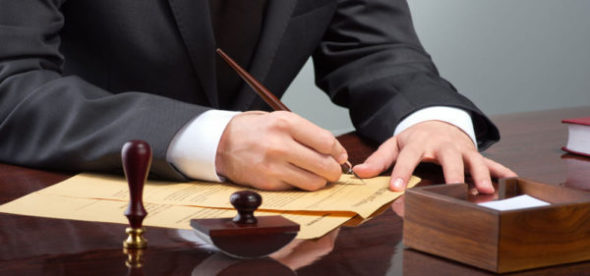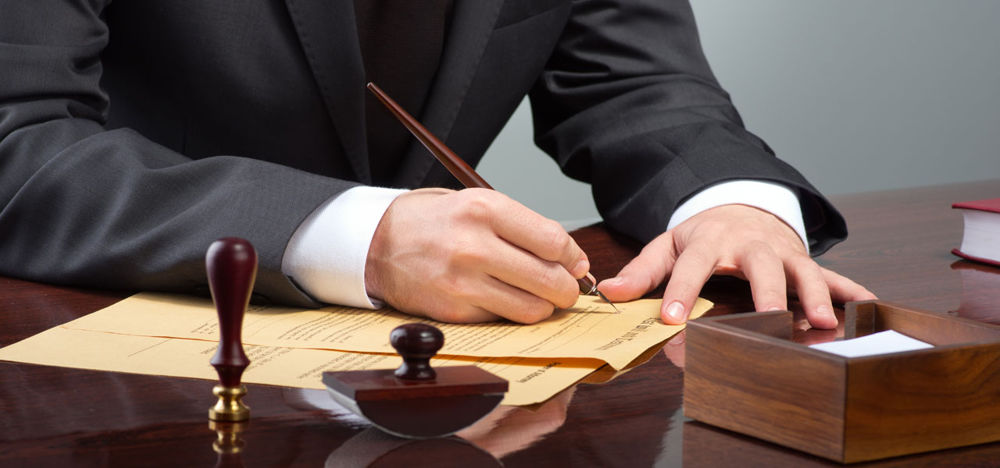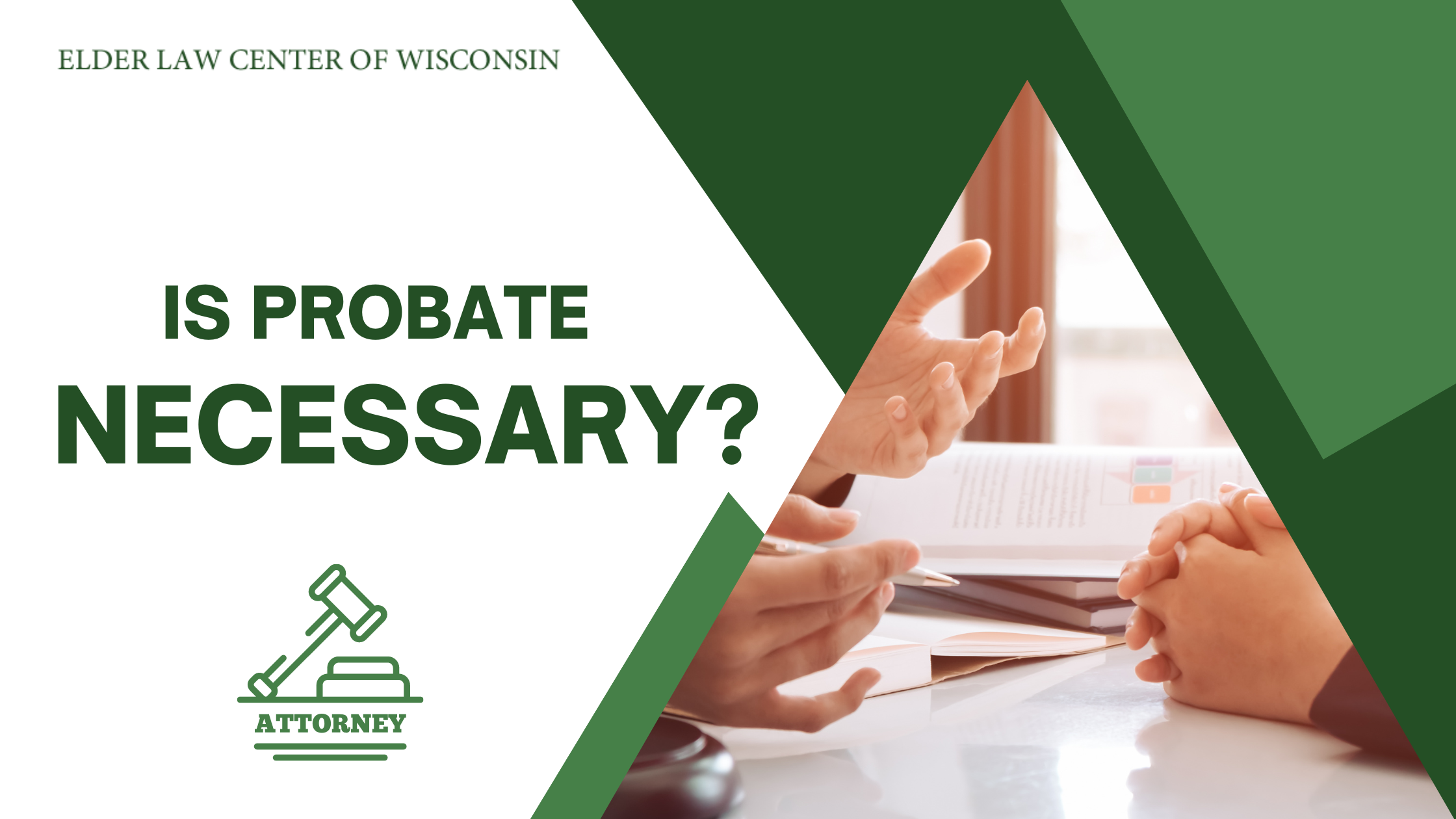-
07 Nov Off

When someone dies, the estate of the decedent typically has to go through a legal process known as probate. If the decedent has left behind a Last Will and Testament, the individual named as the Personal Representative in the Will is the person who is responsible for overseeing the estate throughout the probate process. If someone fails to have a will, the State of WI names your beneficiaries and the estate goes through probate. Ideally, a Testator/Testatrix, i.e. a man/woman who creates a Will, discusses the appointment with the intended Personal Representative prior to making the appointment in his or her Will. Sometimes, the Personal Representative doesn’t know about the appointment even after the death of Testator/Testatrix. If you are thrown into the role of Personal Representative of the estate you will likely be feeling a bit overwhelmed and confused.
As a Probate Attorney, I will assist you throughout the probate process and make sure you are able to carry out your duties and responsibilities as Personal Representative. There is no need to make yourself vulnerable to financial loss because of mistakes during the probate process. You can contact me to find out how I can help you to fulfill your obligations. I will help you based upon the specific legal and financial issues that can arise during the process of probate.
Below are the ways that I help Personal Representatives to fulfill their obligations during the probate process:
- Court Paperwork
When a person passes away, they typically leave behind at least a Last Will and Testament. The person named as a Personal Representative cannot fulfill their duties until the paperwork is filed with the court. This begins the probate process.
The probate court judge will formally name the Personal Representative of an estate. One of the vital duties during this time is to submit all the relevant paperwork and forms to the court, meeting designated deadlines and acting in a timely manner to move the probate proceedings forward.
- Provides Notice
All interested parties, potential beneficiaries or heirs, must be notified of the probate process. Creditors must be given an opportunity to respond for making claims against the estate. The Personal Representative of an estate is also required to take steps to collect money and property owned or owed to the estate. It is important for the Personal Representative to understand who must be notified of the probate proceedings and how the notice must be provided. I will assist you in complying with all the notification rules.
- Tax Compliance
Depending upon the value of assets left behind by the decedent, an estate tax may be owed. The Personal Representative of an estate must obtain a tax ID number for the estate and must pay any taxes due. The Personal Representative must also comply with both state and federal tax rules related to investments, transfer of assets, capital gains, and the ownership of estate property.
- Court Proceedings
In the probate process, there may be court hearings. In some of the circumstances, those hearings are very simple and straightforward. In other cases, like when a Will is contested, the hearings get complicated and require extensive preparation. I can represent Personal Representatives in both the simple and complex court proceedings.
- Facilitate the Transfer of Assets
To officially take ownership after inheriting property titles a deed need to be prepared. I will help you with the process of changing the legal owner of the decedent’s property.
End Words
In summary, as a Probate Attorney, I will help you traverse the process of probate. I will provide you with full support and advice if you are creating an estate plan and you need help to determine your Personal Representative. If you wish to allow your loved ones to avoid the expenses and delays of the probate process, we can show you all your options in one easy meeting. Call us today for a complimentary meeting.


Related Articles
Comments are closed.







